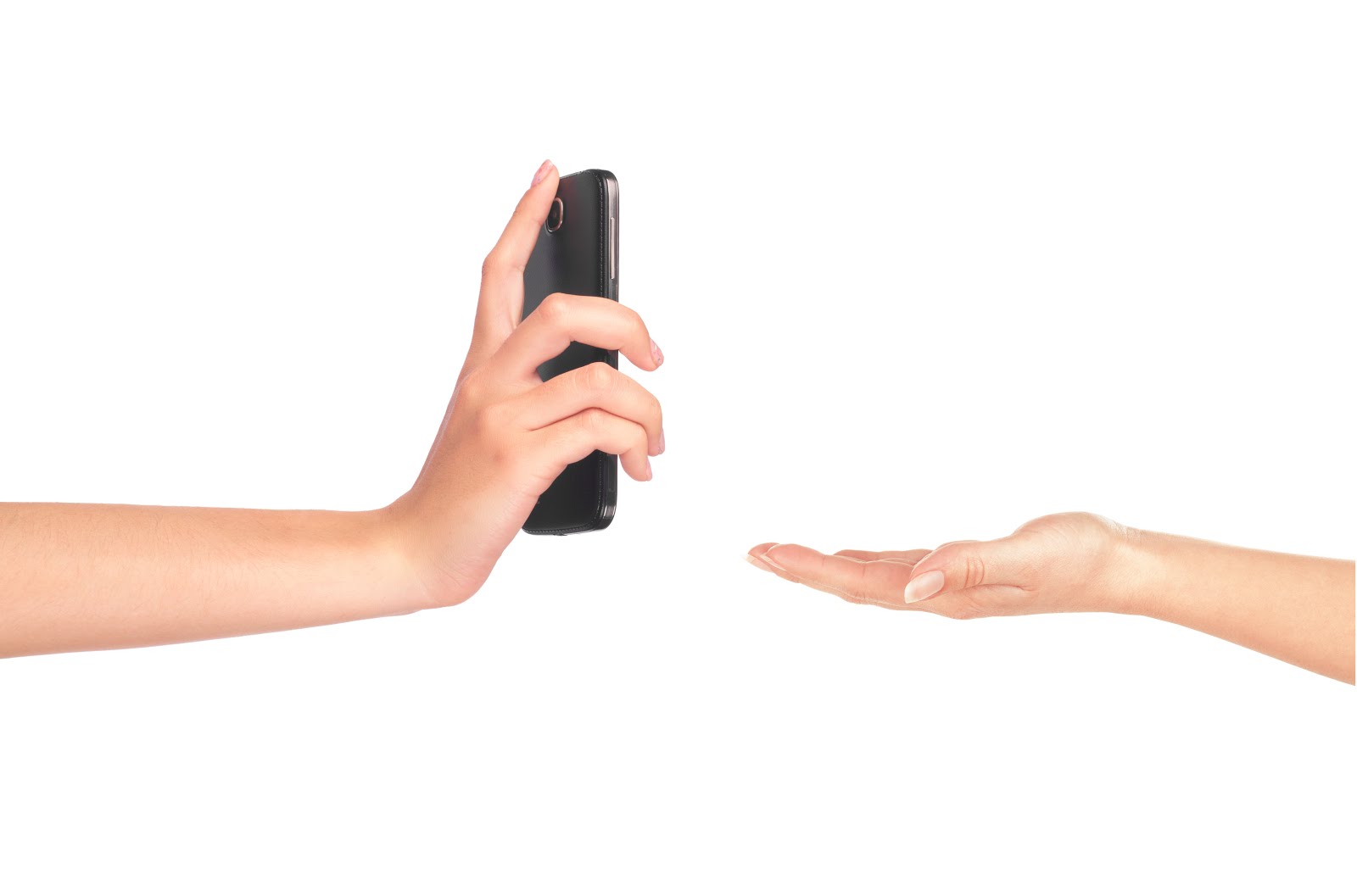How many of you were born in the 60’s and 70’s and got spanked? It was unpleasant, and yet it was the primary “go to” punishment for kids doing any type of misbehavior. In talking with adults who were spanked a lot, I always ask this one question, "What did you do to make your parents want to spank you?" The answer is almost always the same, "I don't know I was just a bad kid I guess." Sadly all that punishment was all for nothing, because if the kid cannot associate the consequences with the behavior then they rarely will learn from that mistake. It makes the punishment just a random act of violence.
After we, as a society, decided that spanking was both unpleasant and unproductive we adopted another "go to" punishment, time out. Time out was supposed to be a set amount of time where kid was separated from activities and people, sat in a "naughty" chair or in their room and got a chance to think about life a little bit. After the timer went ding, they were released to continue their normal activities. The problem with time out is that kids typically don't recover in five minutes, nor do they associate the behavior with the consequence because it usually doesn't fit.
If you're mean, you're on time out.
If you break something, you're on time out. If you hit your little sister, you're on time out.
One punishment to fit all crimes.
And how's that working?
We found ourselves doing it more and more and more with very little results of behavior change.
Let's face it, we as parents are tired and want results fast. Usually we think of things that will “work” right away in disciplining our kids. The newest punishment in this line of "go to's" is taking your kid's phone away.
If they get bad grades, we take their phone away.
If they are disrespectful, we take their phone away.
If they hit their little sister, you guessed it, we take their phone away.
Does this change their behavior in the long run? It might occasionally, but it tends to produce more resentment than behavior change. It has the better possibility of changing behaviors in the short term, but not permanently.
Why?
Typically this punishment or consequence is not associated with the actual misbehavior the kid did. Therefore it makes no logical sense to the kid, and they don't really learn from their mistake. Can we all agree that kids learning from their mistakes is the reason we do consequences in the first place? Then if that is true, taking a kids phone away would be a logical consequence for only the following misbehaviors:
1 Hitting you in the head with their phone. Lol
2 Viewing inappropriate images or videos. (This would fit in the category of a health and safety concern).
3 Nonpayment of phone service fee or data plan fee. (There are usually better ways to deal with this).
Taking your kids phone away for educational purposes, respect issues, anger issues, responsibility issues, and more may not get you the results you're looking for. We did not grow up in a time where people had cell phones. We do not know what it feels like as a teenager to get your phone taken away. From my experience of taking my kids phones away, I learned that it simply breeds more resentment and has little effect on any behavior change.
What do we do instead? There are many many relatable consequences for every misbehavior. When we use empathy first, and then provide a relatable consequence, or simply allow natural consequences to unfold, then we will see our kids beginning to learn from their mistakes.
